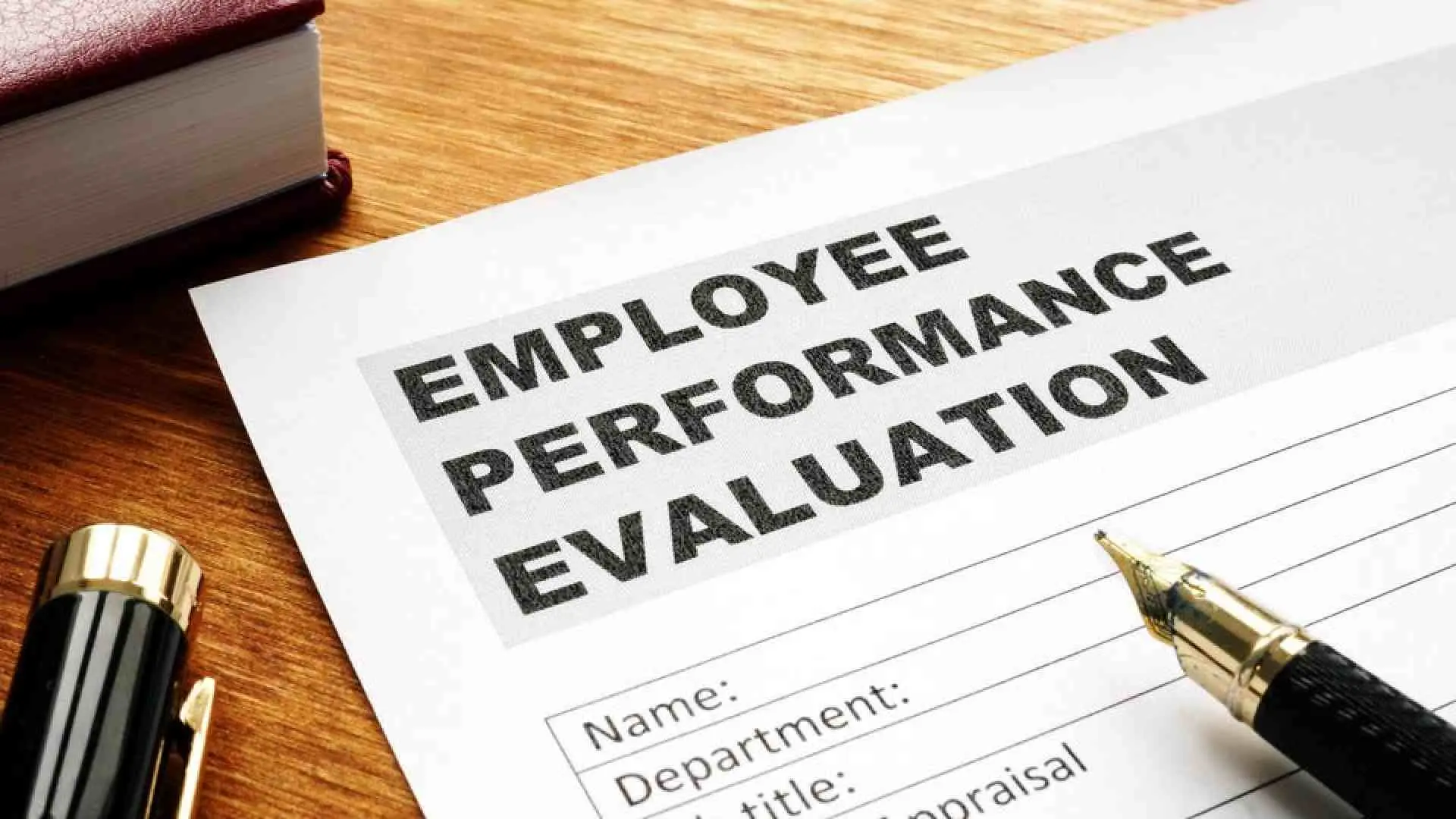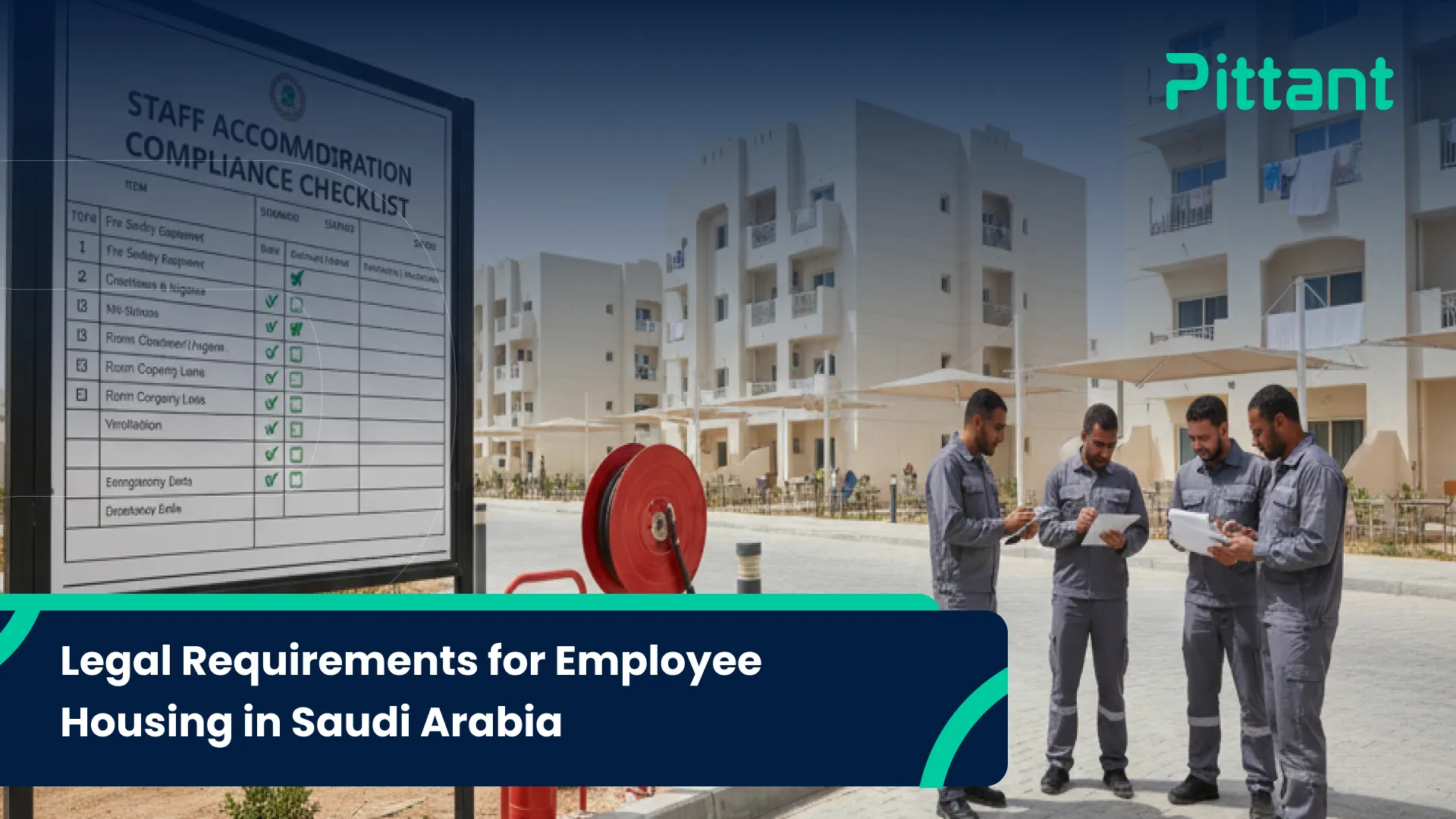If any organization wants to grow rapidly, it must value its employees. And one of the ways to appreciate and value the team force is employee performance appraisal.
Through providing your employees with performance appraisals, one can evaluate and enhance workplace contributions effectively and that is why understanding the performance appraisal system is imperative.
Organizations can leverage performance appraisal for evaluation and as a powerful tool for employee development. You can make the performance appraisal process a constructive and more effective through performance management software.
This article will outline the employee performance appraisal and its purpose, what is its significance, and how it can be more effective. So let’s start.
What Is a Performance Appraisal?
A performance appraisal is a systematic and regular assessment process that evaluates work performance of an individual in comparison to the responsibilities and job role requirements set by the organization.
It involves the assessment of employee’s strengths and weaknesses subjectively, evaluation of what relative value they are providing to the organization, and what potential they have for their future development.
Purpose and Importance of Performance Appraisal

Any organization that wants to cultivate the efficient work process and harmonious work culture must assess its employee’s performance. And that is why it becomes important to appreciate high performing employee with reward that is called performance appraisal. Let’s see why it is important:
- Employee performance appraisal with its well-organized and strategic method is best for aligning personal objectives consistently with the organization’s goals.
- In addition, it promotes transparent communication and clarity, which ensure each employee know what their role is within the larger framework of organization or company.
- Employee performance appraisal enhances communication strategically between employers and employees.
- It also facilitate collaborative atmosphere to set clear expectations between management and workers, and also helps in instilling constructive feedback.
- Also, HR uses performance management software for streamlining employee performance appraisal process and access to comprehensive overview of individual’s performance.
- Employee performance appraisal is a multilayered approach to employee’s self-assessment, colleague reviews, and decision-making evaluations to ensure understanding an employee’s contributions in a well-rounded.
- Employee performance appraisal assists in efficient talent management. It is done through identification of employees with high-potential and then resolving issues in their developmental needs.
Benefits of Effective Performance Appraisal
Effective employee performance appraisal is the linchpin of organizational success, yielding a multitude of advantages that extend beyond mere evaluation. The benefits span from fostering a culture of accountability to driving continuous improvement in employee performance.
Employee performance appraisal aligns the efforts of an individual with the organization’s goals. It makes sure that employees perform their responsibilities and roles individually so well that company is able to achieve its objectives.
Moreover, an efficient performance appraisal motivates the employees to the core. Not only it acknowledges and rewards the contributions of an employee exceptionally but also enhances their morale.
Organizations with modern setting workplaces always appreciate the professionalism and that is where they can use employee performance appraisal as an invaluable tool. Not only it identifies the skill gaps and but also highlights the developmental needs to enable companies launch tailored programs for training employees and empower them to contribute in company’s growth as well as in their career progress.
In conclusion, understanding how to evaluate employee performance appraisal is not just about scrutinizing past performance; it is about leveraging a systematic approach to foster a culture of growth, engagement, and sustained success within the organization.
Methods and Approaches to Appraisal
Exploring diverse employee performance appraisal methods unveils a spectrum of approaches, each tailored to meet unique organizational needs. This dynamic landscape offers a nuanced understanding of individual contributions.
Traditionally, organizations relied on manager evaluations as the primary employee performance appraisal method. However, contemporary approaches have evolved to embrace a more holistic view. Incorporating self-assessment and peer reviews enriches the evaluation process, capturing a comprehensive snapshot of an employee’s performance.
The advent of the 360-degree feedback system has revolutionized employee performance appraisal. This approach extends the evaluation scope beyond supervisors, including feedback from peers, subordinates, and even clients. This not only ensures a more thorough assessment but also promotes a culture of collective responsibility.
Furthermore, incorporating a blend of quantitative and qualitative metrics enhances the objectivity of the appraisal process. Objective criteria, such as goal attainment and job knowledge, seamlessly integrate with subjective elements like communication skills and teamwork, forming a well-balanced assessment framework.
Customizing the employee performance appraisal method to align with organizational goals is crucial. Whether it is fostering innovation, enhancing customer service, or promoting teamwork, the appraisal method should resonate with the company’s strategic vision. Thus, this alignment ensures that individual performance contributes meaningfully to overall organizational success.
Key Evaluation Criteria in Performance Appraisal
If any organization that wants to ensure the fairness and accuracy within the company, employee performance appraisal and criteria related to it must be clear and transparent. It will set the comprehensive assessment foundation to align efforts of a worker with the goals of an organization.
To do that, following are some suggestions:
Keep in mind the achievement of goals as your fundamental criteria. It will provide you with something measurable for employee’s assessment of contribution to objectives of the organization.
Employee performance evaluation must consider communication skills as major point. As employee can collaborate efficiently within company through proficient communication, it ensures success, idea generation and implementation.
Skillset and job knowledge should also be the part of employees’ performance appraisal process as it evaluates how capably an individual understands his responsibilities and job roles.
Additionally, teamwork is a crucial criterion that assesses an employee’s ability to collaborate and contribute positively to group dynamics. Recognizing the significance of teamwork aligns with the broader organizational emphasis on a collaborative and cohesive work environment. Indeed, meticulous consideration of these key evaluation criteria in employee performance appraisal is indispensable.
Feedback Strategies for Performance Improvement
When it comes to employee performance appraisal, feedback becomes imperative for continuous improvement. Not only it promotes the professional development through a robust framework, but also nurtures a growth and excellence culture.
- Providing Constructive Feedback: Employee performance appraisal necessitates specific and constructive feedback, highlighting strengths and areas for improvement. Begin with positive aspects, reinforcing achievements and acknowledging commendable efforts. Subsequently, address areas that require enhancement, ensuring clarity and specificity in feedback to guide improvement.
- Establishing Clear Objectives: Clearly articulate performance expectations, aligning them with organizational goals. Transparent objectives are blessings for the employees as they act as their roadmap for their tasks to be full of purpose and strategic approach.
- Regular Feedback Sessions: Schedule periodic feedback sessions to maintain a continuous feedback loop. These sessions offer opportunities for ongoing dialogue, fostering open communication between employees and managers. Frequent interactions ensure that feedback is timely, relevant, and directly contributes to performance improvement.
- Incorporating 360-Degree Feedback: Utilize the employee performance appraisal method of 360-degree feedback to gather insights from peers, subordinates, and supervisors. This approach comprehensively provides a well-structured and well through perspective, enhances the unbiasedness and accuracy of the appraisal process.
Common Challenges in Performance Appraisal
Navigating through the intricacies of employee performance appraisal can be accompanied by various challenges. Identifying and addressing these challenges is crucial to ensure the efficacy and fairness of the appraisal process.
- Resistance and Skepticism: Employee performance appraisal may encounter initial resistance due to skepticism or misunderstandings about its purpose. However, clear communication regarding the positive outcomes and developmental focus is vital to mitigate resistance effectively.
- Bias in Evaluations: Ensuring objectivity is a constant challenge in the employee performance appraisal process. Training managers in fair and unbiased assessment techniques is essential for maintaining the integrity of the appraisal system.
- Lack of Consistency: Inconsistency in the application of appraisal standards can lead to dissatisfaction and mistrust among employees. Establishing clear guidelines and providing training on how to evaluate employee performance appraisal promotes consistency across evaluations.
- Insufficient Training: Managers may lack the necessary skills to conduct effective employee performance appraisal discussions. Nevertheless, comprehensive training programs empower managers to provide meaningful feedback, enhancing the overall appraisal experience.
- Technology Implementation: Integrating technology into the appraisal process can be challenging, leading to potential system-related issues. Providing adequate training and support ensures a seamless transition to technology-driven employee performance appraisal systems.
So, proactively addressing these common challenges in employee performance appraisal contribute to the successful implementation of a fair and effective appraisal system.
Using Appraisal for Employee Development
Do you know that you can effectively and strategically utilize employee’s performance appraisal so that it can contribute to your organization’s growth and success?
It is possible only when an employer think of performance appraisal process more beyond as evaluation tool of employees’ performance and it becomes employee development catalyst. Let’s see how:
The appraisal process sets, structures and aligns goal of individuals with objectives of an organization to makes sure that employees totally comprehend what their roles are and how they will achieve company targets.
The gathered feedback during the appraisal meetings offers employee with valuable insights into their strengths and weaknesses to improve and overcome. This information becomes the foundation for creating personalized development plans, tailoring training programs to address specific needs.
Moreover, the appraisal provides a chance to employer and employees to get engaged in constructive dialogues, clear communication, providing transparency of expectations from the employees, and leads to the contribution of employees for the organization’s overall success.
In addition, organizations can identify employees with high potential and create a way to their successful career within organization. In conclusion, adopting a proactive approach to employee performance appraisal transforms it into a dynamic tool for employee development. This approach benefits individual employees and contributes significantly to the overall growth and success of the organization.
Employee Perspectives on Performance Appraisal
Employee performance appraisal without the employee’s viewpoint is a time waste and not an ethically good practice. It will result is lack of holistic experience of appraisal.
As for employees, the process of appraisal process is pivotal moment, it also influences their overall satisfaction for job, and their commitment to the company they are working in.
So how to get the employee’s perspective on performance based appraisals?
To get started, you have to understand that employer’s transparency in performance appraisal process is always appreciated by employees on all levels. That is why one has to inculcate clear communication when it comes to employee evaluation criteria for appraisals.
You have to clearly outline what you are expecting from your employees to foster trust, mitigate their anxiety and eliminate the conditions of uncertainty.
Employee’s perceptions are also shaped efficiently by the frequency of appraisals. You should regularly arrange feedback sessions to keep them in loop about their performance.
Your appraisal process should not contain any kind of objectivity. Employees always appreciate fairness and value methods based on merit and also respect the culture that is against the favoritism.
In addition, on must involve employees in every meeting related to goal-setting to create a sense of responsibility and ownership as it motivates them and make them more committed to their work.
Conclusion
In conclusion, employee performance appraisal is crucial for a company’s growth, creating a culture of accountability and ongoing improvement. While performance appraisals offer clear benefits, there are challenges in putting them into practice. Dealing with resistance and avoiding bias requires clear communication and continuous training for managers to ensure fairness. Finally, workforce performance appraisal is not merely a routine process but a dynamic force driving organizational success and worker development.
Would you like to know more about this and other topics? Then, visit our insights section. If you have any questions, contact Pittant. For inquiries and assistance, feel free to reach out to our representatives via email at [email protected]. We will be happy to address any questions you may have.
FAQs
What is the employee performance appraisal?
It’s a structured review where an employee’s work, behavior, and results are evaluated over a set period. The goal is to measure performance, give feedback, and plan development.
What are the 5 words of performance review?
Goals, feedback, evaluation, development, and recognition. These capture the main focus areas of most reviews.
What are the 7 steps of the appraisal process?
Set performance standards, communicate expectations, gather performance data, evaluate results, compare performance with standards, conduct the review meeting, and create follow-up action plans.
What Are the Benefits of a Performance Appraisal?
It boosts clarity on job expectations, improves communication, identifies skill gaps, supports promotions and salary decisions, and guides employee development.
What Are Performance Appraisals Used for?
They’re used to measure performance, guide training needs, support compensation decisions, decide promotions, and strengthen overall workforce planning.




